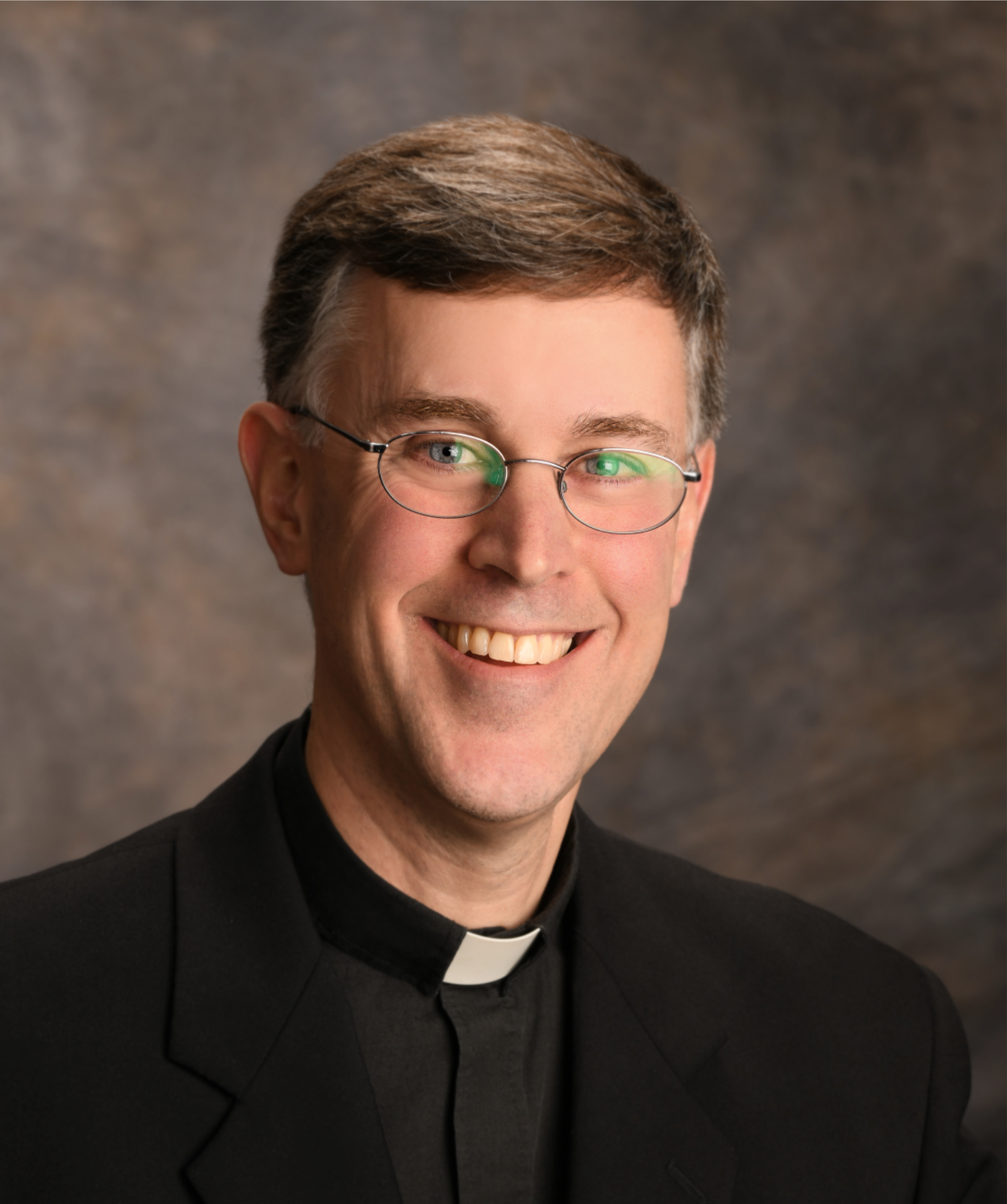
Close to the Kingdom of God - Weekday Homily Video
Learn more about our faith | Holy lives of inspiration
St. Norbert was born nearly one thousand years ago, but his life can inspire us today. He was born in Germany and sensed a call to the priesthood while recovering from a near-fatal horse-riding accident, unlike Father Patrick Peyton’s path after recovering from Tuberculosis. St. Norbert faced early challenges at the beginning of his priesthood. His brother priests were against his promotion of an ascetical way of life and reforms in the Church.
Their reaction was so strong that he asked for a meeting with Pope Gelasius II and was permitted to become an itinerant preacher in the north of France. He would go on to found a religious community and become a bishop—in addition to promoting asceticism, he defended the rights of the Church against secular leaders.
I’ve mentioned the term asceticism several times. The simplest definition is self-sacrifice: denying ourselves physical pleasures and conveniences to guard against valuing them over our relationship with God and those that we are to serve. While researching, I read a good summary of the benefits of asceticism in an article by Jeff Arrowood. Here are some of the findings:
- “Asceticism combats habitual sin. If you struggle to control your desire for something you tend to abuse (food, drink, sex, comfort, etc), practicing self-denial can build…” ….our spiritual muscles against it…and builds the virtue of temperance….that balances our desires for physical goods.
- “Asceticism (also) protects you against the excesses of the culture. Like the culture the early Christians lived in, our modern culture has deified entertainment, luxury, and physical pleasure. Asceticism helps us to set our hearts on the greater good and to resist laxity of heart and open our hearts to be transformed by grace.”
- Asceticism moves our hearts away from selfishness. Self-sacrifice prevents our modern lifestyle from sinking too deeply into our hearts. This was the reason Saint Francis required his brothers to serve the poor by living among the poor and why Dominicans also took a vow of poverty. In the time of those great saints, “…monastic orders at the time lived luxuriously and religious men and women were losing the true sense of their vocation.” The same principle applies to each person no matter our vocation.
- Lastly, “asceticism can be an act of love. Like the first Desert Fathers and Desert Mothers, we can offer our self-sacrifice as a token of dedicating our complete lives to Jesus. Asceticism can exercise the theological virtue of charity. It can be an act of love for God, and we can also offer our voluntary suffering for the salvation of souls, making it an act of Christ-like love for our neighbor.
In Mark's Gospel, Jesus reminds us all that we are to love "Our God with all our heart, with all our soul, with all our mind, and with all our strength…and that we are to love our neighbor as ourselves.”
Every now and then we need to take some time in prayer and reflection to see how we are doing in following this teaching of Jesus—part of the remedy for when we are drifting or the way to stay on track is to be like St. Norbert and countless saints and brothers and sisters among us who practice this intentional self-sacrifice in love of God and our neighbor. If we can grow in this way then as Jesus said, we will always be near the Kingdom of God.
- Father David's inspirational homily was recorded live during Mass at the Father Peyton Center this morning. Please view the video on our Facebook page. (You don't need a Facebook account to view.)
- To view the Rosary prayer and Mass streaming live, please visit our Facebook page at 11:30 a.m. Eastern, Monday – Friday. Please invite your loved ones to join us too! (If you are not a member of Facebook and a signup window appears, simply select the X at the top of the pop-up message and continue to the livestream.)
About Father David Marcham
Reverend David S. Marcham is the Vice Postulator for the Cause of Venerable Patrick Peyton, and Director of the Father Peyton Guild, whose members pray for Father Peyton’s beatification and spread his message of the importance of Family Prayer. Prior to becoming a seminarian, Father David was a physical therapist and clinical instructor, serving hospital inpatients and outpatients throughout the greater Boston area for eleven years. In 1998 he heard the call to priesthood and was ordained in the Archdiocese of Boston in 2005. Father David grew up in Quincy, MA, and has fond memories of playing soccer, tennis and running track. You’re never without a friend when Father David is around, as he welcomes everyone into his circle with a smile on his face!

